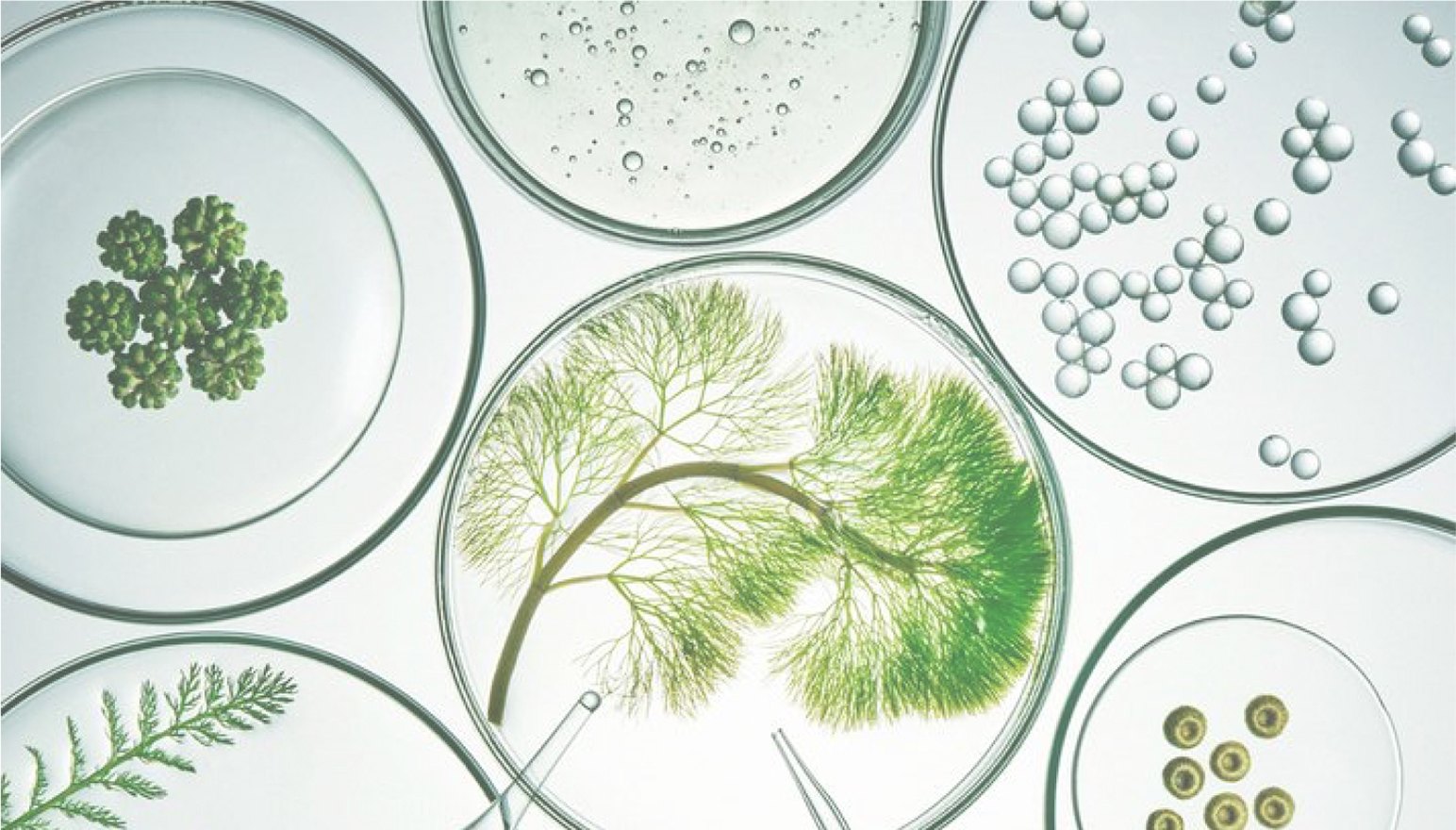Industry Insights

Antibacterial activity of Manuka honey and its components: An overview
November 27, 2018
The importance of honey for medicinal purposes is well documented in some of the world’s oldest literature. Honey is well known and studied for its antimicrobial properties. The medicinal properties in honey originate from the floral source used by bees. Manuka honey is a dark monofloral honey rich in phenolic content, and currently it is…
Rifampicin-Manuka Honey Combinations Are Superior to Other Antibiotic-Manuka Honey Combinations in Eradicating Staphylococcus aureus Biofilms
January 8, 2018
Chronic wound infections are a major burden to both society and the health care industry. Bacterial biofilms are the major cause of chronic wound infections and are notoriously recalcitrant to treatments with antibiotics, making them difficult to eradicate. Thus, new approaches are required to combat biofilms in chronic wounds. One possible approach is to use…
Antibiotic-specific differences in the response of Staphylococcus aureus to treatment with antimicrobials combined with manuka honey
January 27, 2015
Skin infections caused by antibiotic resistant Staphylococcus aureus are a significant health problem worldwide; often associated with high treatment cost and mortality rate. Complex natural products like New Zealand (NZ) manuka honey have been revisited and studied extensively as an alternative to antibiotics due to their potent broad-spectrum antimicrobial activity, and the inability to isolate…
Antibiofilm Activity of Manuka Honey in Combination with Antibiotics
February 26, 2014
We assessed the in vitro activity of Manuka honey against biofilm bacteria in combination with antibiotics and visualized the effect of Manuka honey on bacterial biofilms using scanning electron microscopy. The fractional biofilm eradication concentration (∑FBEC) index for vancomycin plus Manuka honey against S. aureus IDRL-4284 biofilms was 0.34, indicating a synergistic interaction. The ∑FBEC…
Synergy between oxacillin and manuka honey sensitizes methicillin-resistant Staphylococcus aureus to oxacillin
March 1, 2012
Honey is an ancient wound remedy that has recently been introduced into modern clinical practice in developed countries. Manuka honey inhibits growth of methicillin-resistant Staphylococcus aureus (MRSA) by preventing cell division. In Gram-negative bacteria a synergistic interaction between honey and antibiotics has been suggested. We aimed to determine the effect of manuka honey on oxacillin…
In vitro synergy between manuka honey and amikacin against Mycobacterium abscessus complex shows potential for nebulisation therapy
September 7, 2022
Mycobacterium abscessusis an opportunistic human pathogen of increasing concern, due to its ability to cause aggressive pulmonary infections (especially in cystic fibrosis patients), as well as skin and soft tissue infections. M. abscessus is intrinsically drug resistant and treatment regimens are lengthy, consisting of multiple antibiotics with severe side effects and poor patient success rates….
In vitro synergy between manuka honey and amikacin against Mycobacteria abscessus complex
September 7, 2022
M. abscessus is intrinsically drug resistant and treatment regimens are lengthy, consisting of multiple antibiotics with severe side effects and poor patient success rates. New and novel strategies are urgently required to combat these infections. One such strategy thus far overlooked for mycobacteria is manuka honey. For millennia manuka honey has been shown to have…
Mānuka Honey has Potential to Support Tooth Health
April 11, 2018
Manuka Honey: A Potent Cariostatic Agent— An in vitro Study Aim: The aim of the study was to test the antibacterial activity of manuka honey and compare its efficacy with another com- mercially available honey (Dabur honey) on the cariogenic bacteria on Streptococcus mutans and Lactobacillus. Materials and methods: An in vitro study was carried out…


